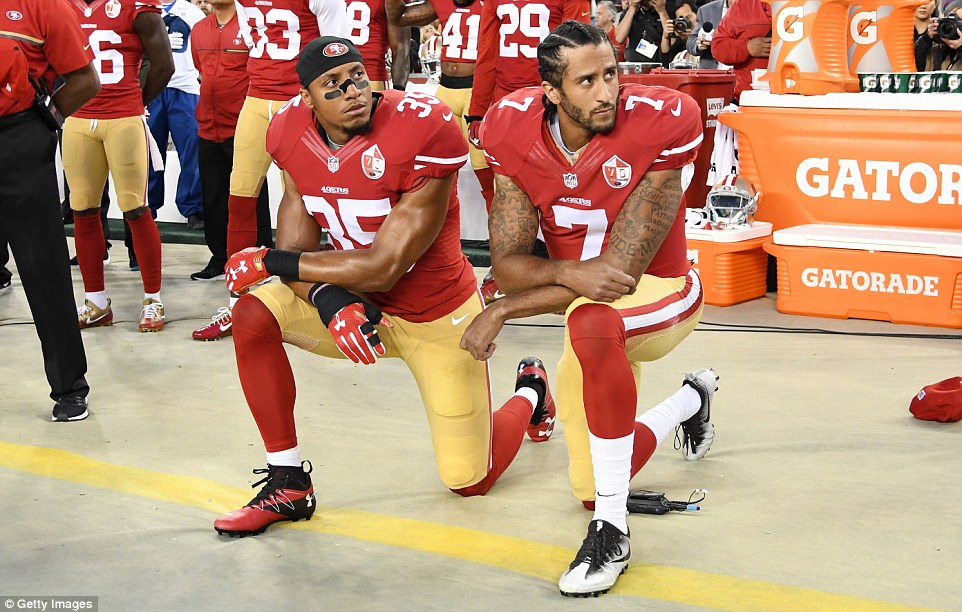Amidst the backdrop of nationwide protests over police brutality and institutional racism, a resident of Minneapolis, Minnesota grapples with her own complicity and lack of action in the years leading up to George Floyd’s murder. An essay equipped with a pledge to change…

by: Bonnie Wilkins Overcott
On Tuesday, May 26th, I turned on the news and I watched in horror as the life and soul of a man named George Floyd was violently extinguished less than 4 miles from my home. The video was filmed by a 17-year-old girl on her smartphone. George Floyd’s cries for mercy were ignored. The impassioned screams and pleas of the people on the street to stop killing him were ignored. Only when the EMTs came did the Minneapolis police officer, Derek Chauvin, take his knee off George Floyd’s lifeless neck. They flipped him over, put him on a gurney, and drove the body to the hospital to be declared dead.
Since watching that video, I’ve felt uneasy and distracted. I’ve thought about how to express my feelings. I didn’t know Mr. Floyd or the policemen involved. As with other national tragedies, I watched the entire story unfold, the demonstrations, the mayhem and destruction going on around me, and the emotional funeral held for Mr. Floyd in Minneapolis. It was part of the process of mourning for me, I assume. But mourning what or who?
I assumed part of my own trauma was my inability to understand how a man, with his knee on another man’s neck, could ignore his begging and pleading for the right to breathe. Like others, I’ve pondered how anyone can become so calloused, so unfeeling, so devoid of compassion and empathy, that they can’t show mercy toward a fellow person in agony.
The ultimate cruelty is torturing another, exercising total control yet being able to look that person in the eye and intentionally cause them pain. Former officer Derek Chauvin was in total control as he pinned George Floyd to the ground. Floyd was handcuffed. There were other officers pinning him down. He was in distress, fighting for his life, not resisting arrest. Despite the pleas of a dying man ringing in his ears, even the cry for his deceased mother, Chauvin was unmoved.
Residents of Minneapolis abided by the curfew imposed. We took our garbage bins into the garage because they were flammable, and kept windows open at night so we could hear noises outside.The Holiday fuel station, where I bought gas and car washes, was totally destroyed. The Walgreens where I get my prescriptions filled is now closed. Looters broke in, ransacked the place then set a fire.
I was cautious, but I didn’t feel frightened. I watched on television as looters hauled out crock pots, car seats, pillows and sheets from the nearest Target, knowing that Target is well-insured and would be fine. The military helicopters flying over my house day and night were unsettling. None of that explained my agitated state.
Trying to find a way to ease my anguished mind, I braved Covid-19, and with my sister ventured to 38th and Chicago to see with my own eyes the site where Geroge Floyd was heinously killed. The visit gave me hope and faith in my community. I began thinking of solutions.
After processing the visit, the horrifying truth became obvious: I am complicit. Now I hear that word around me — Complicit. I heard it during my church’s morning on-line services — Crosstown Covenant — discussing the events in our city. I hear “complicit” coming from the mouths of historians, demonstrators, and others.
While I am an informed voter who has asked candidates for city office specifically what they will do to end police brutality, there was never any follow up. I never asked that my representatives tell me what in particular they were doing to stop horrific actions by police. Silence is complicity.
On Sunday, June 7th the Minneapolis Star Tribune ran a scathing exposé about the Third Precinct Police. They called the Third Precinct “a playground for renegade cops.” I think “renegade” is too mild of a word. “Sadistic,” “perverse,” and “lawless,” might be more apt. Evil acts were being done in my neighborhood, with my tax dollars, and with no supervision on my part. Blissful ignorance is complicity.
I don’t want platitudes right now. I don’t want to be distracted by concerns about looting or breaking windows. I don’t want to hear that most cops are good cops. Where have they been anyway? Where is their voice now? They’ve been complicit.
Philando Castile, in his 32 years of living, had racked up 46 traffic stops resulting in $6,000 in fines. He spent his brief, short life battling traffic citations, and was killed during the last stop.
I’ve never been given a traffic ticket. I never questioned why. It’s not that my foot doesn’t get a little too heavy on the gas pedal ever, or I never do something totally dumb on the roads like turn the wrong way onto a one-way street.
I recently learned, through my church, about racial covenants in the city of Minneapolis. I mention my church, because they are one of the institutions who should be informing us, stripping off our blinders, and standing for truth, justice and love for our fellow humans. Two blocks from me is Edmund Boulevard. It’s a rolling, tree-lined street that follows the curves of the Mississippi River. Beautiful homes line one side of the boulevard overlooking the parkway, bike and walking trails and, of course, the river.
It’s named for Edmund Walton, the developer, who included in his developments throughout the city of Minneapolis, covenants which would not allow the property to be sold to people of “Chinese, Japanese, Moorish, Turkish, Negro, Mongolian or African blood or descent.” Mapping Prejudice is a project that began at the University of Minnesota searching out properties throughout the city containing those covenants. I had no idea. To me, that is the essence of systemic racism.
I kept wanting to roll back the video of George Floyd’s life being snuffed out to a point where he had a chance, and stop it there. But that’s impossible.
What is possible is change. I can stop being complicit.





